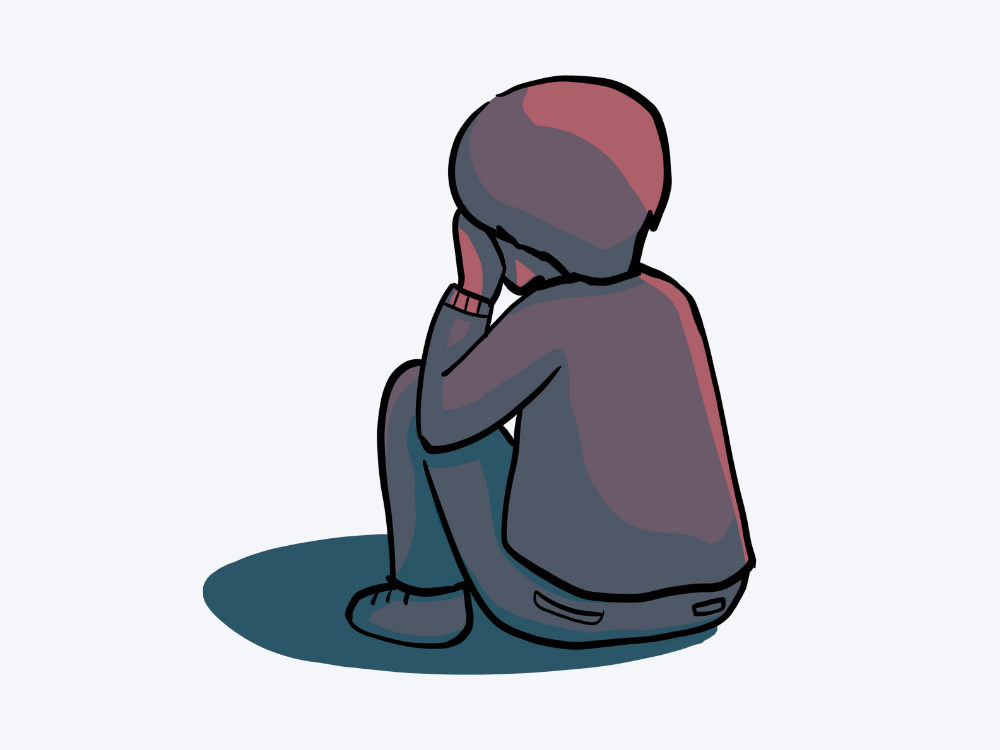Written by Alice Njoki
As of early 2025, over one million people are internally displaced, with children comprising more than half of this vulnerable population. Since the assassination of President Jovenel Moise in July 2021, gangs control approximately 80% of Port-au-Prince, leading to widespread violence and displacement.
Amnesty International, a global human rights organization, reports that relentless gang violence in Haiti’s capital and nearby areas has led to a devastating impact on children in the country.
According to the organization, violence by armed gangs has surged dramatically since the assassination of President Jovenel Moïse in July 2021, resulting in an estimated 5,600 deaths last year.
“Gangs have inflicted immense suffering in Haiti. They intimidate, assault, rape, and kill children, violating their fundamental rights, including the right to life, education, and freedom of movement,” said Agnès Callamard, Amnesty International’s Secretary General.
In the absence of other means of survival or protection, children are increasingly forced to join armed groups with a notable 70 per cent increase in child recruitment over the past year. The recruitment and use of children is a grave violation of children’s rights and international law. They are denied freedom of movement, with the violence disrupting access to essential services such as education, clean water, sanitation, and healthcare .
Nearly 350,000 school-age children have been displaced, with almost 1,000 schools closed due to insecurity . This disruption exacerbates malnutrition and increases exposure to diseases . More than 3 million children require humanitarian support.
The situation is further complicated by severe hunger, with 5.4 million people facing acute food insecurity . Limited resources and overcrowding in displacement sites increase vulnerability to diseases like cholera, with over 87,000 suspected cases reported . Forced deportations from neighboring countries strain resources further.
Humanitarian organizations face immense challenges in providing adequate support. Without immediate international intervention and a comprehensive plan to address the root causes of violence and instability, Haiti’s humanitarian crisis will likely worsen, endangering millions of its citizens, particularly its children . UNICEF needs $272 million for 2025 to meet Haiti’s growing humanitarian needs.

